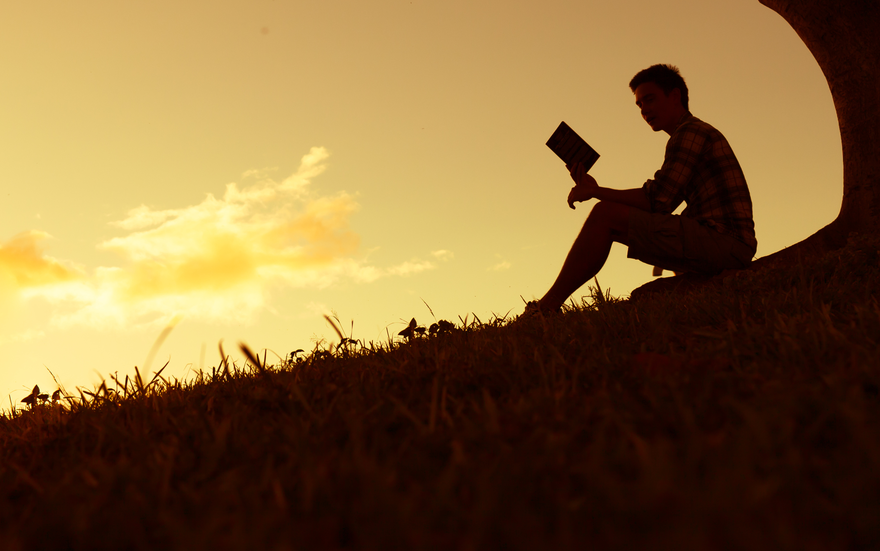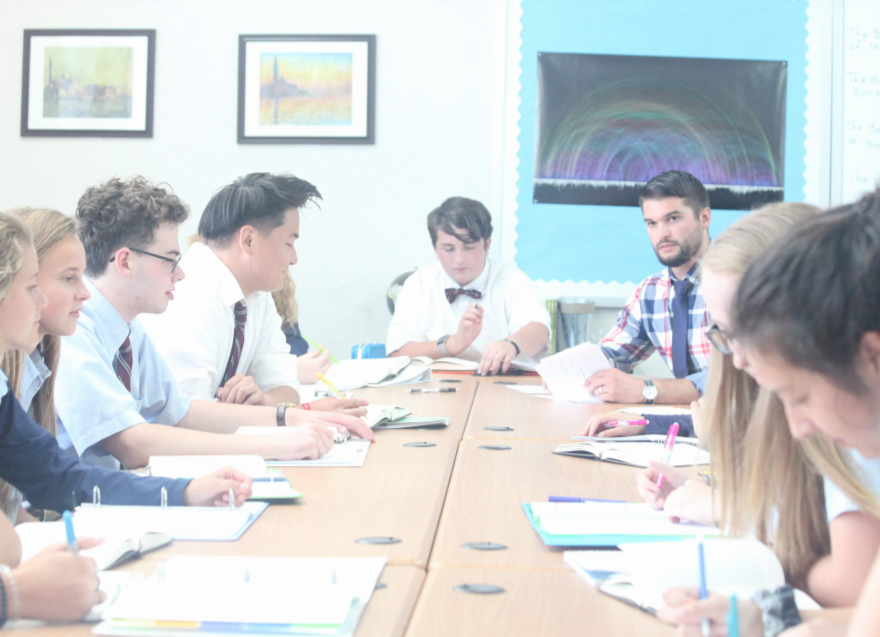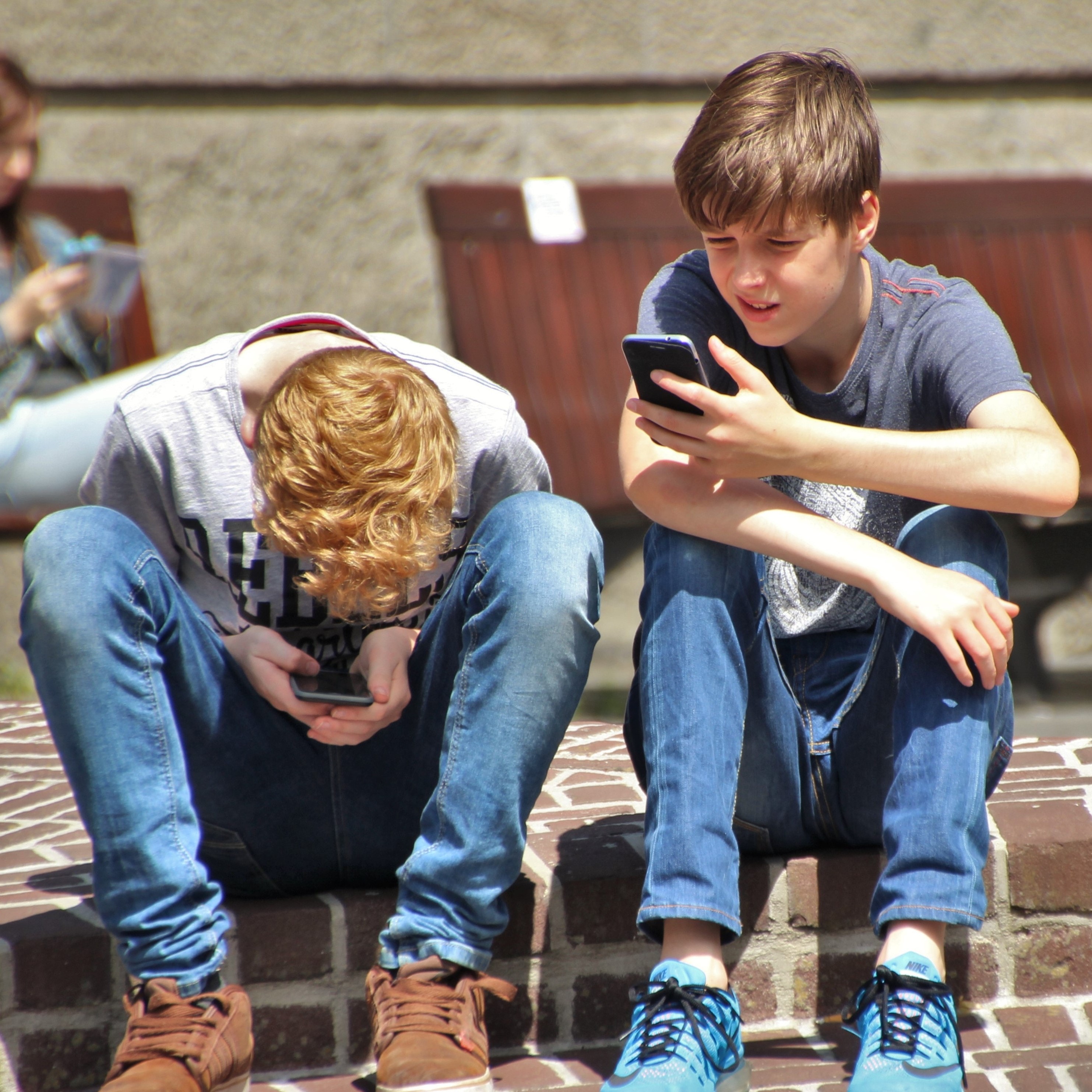Tag: reading
-

“Education is a Life”: Igniting a Love for Learning in the Classroom
“’Education is an atmosphere, a discipline, a life’––is perhaps the most complete and adequate definition of education we possess. It is a great thing to have said it; and our wiser posterity may see in that ‘profound and exquisite remark’ the fruition of a lifetime of critical effort (Charlotte Mason, Parents and Children, p. 33).…
-

Practicing Peacefulness: Beginning the School Year in the Right Frame of Mind
With the start of school just around the corner, teachers are gearing up for another year. As usual, summer break has gone by too fast. And yet, at the same time, the attraction of new beginnings lures them back to the classroom. There is something about a fresh start that energizes, awakens, and inspires. How…
-

To Save a Civilization, Part 2: The Road to Rebuilding
In my previous article, I reflected on the nature of civilizations: how they emerge, what they are built upon, and why they fall. I specifically examined the story of the fall of the Roman Empire. While it is difficult for historians to identify a single point in time when the decline began, various cultural, moral,…
-

On Deep Reading
In an age of misleading news articles, vicious discourse, and exponential ignorance, it is a curious fact that the skill of reading continues to take the backseat to other “practical” areas of study. Society, it seems, would rather have students master Microsoft Excel or how to program computers than they would become lectiophiles. Reading is…
-

Enjoying the Bible as Literature: 5 Strategies for Engaging Students in Reading the Canon
Guest article by Heidi Dean of Christian Schools International (See Jason’s article on CSI “7 Steps to Narrating the Bible”!) In biblical studies we seek to cultivate the habits of reverence, humility, submission to the text, and other qualities of faithful scholarship. But I propose another goal should rise to the top: enjoyment. The enjoyment…
-

The Flow of Thought, Part 4: The Seven Liberal Arts as Mental Games
There’s a lot of talk these days about the war between STEM and the liberal arts (which we are meant to understand as the humanities generally). Often this gets posed as a trade-off between a utilitarian education—training our future engineers, scientists and programmers—vs. a soft education in human skills and cultural awareness. Given the hype…
-

The Importance of Deep Reading in Education
Deep reading is the type of reading that involves one’s undivided attention in a sustained manner to tackle a long-form book, like a novel. The feeling cultivated by deep reading is that of being lost in a book, taken to new worlds, enraptured by an alien train of thought. While many educators still feel that the…


